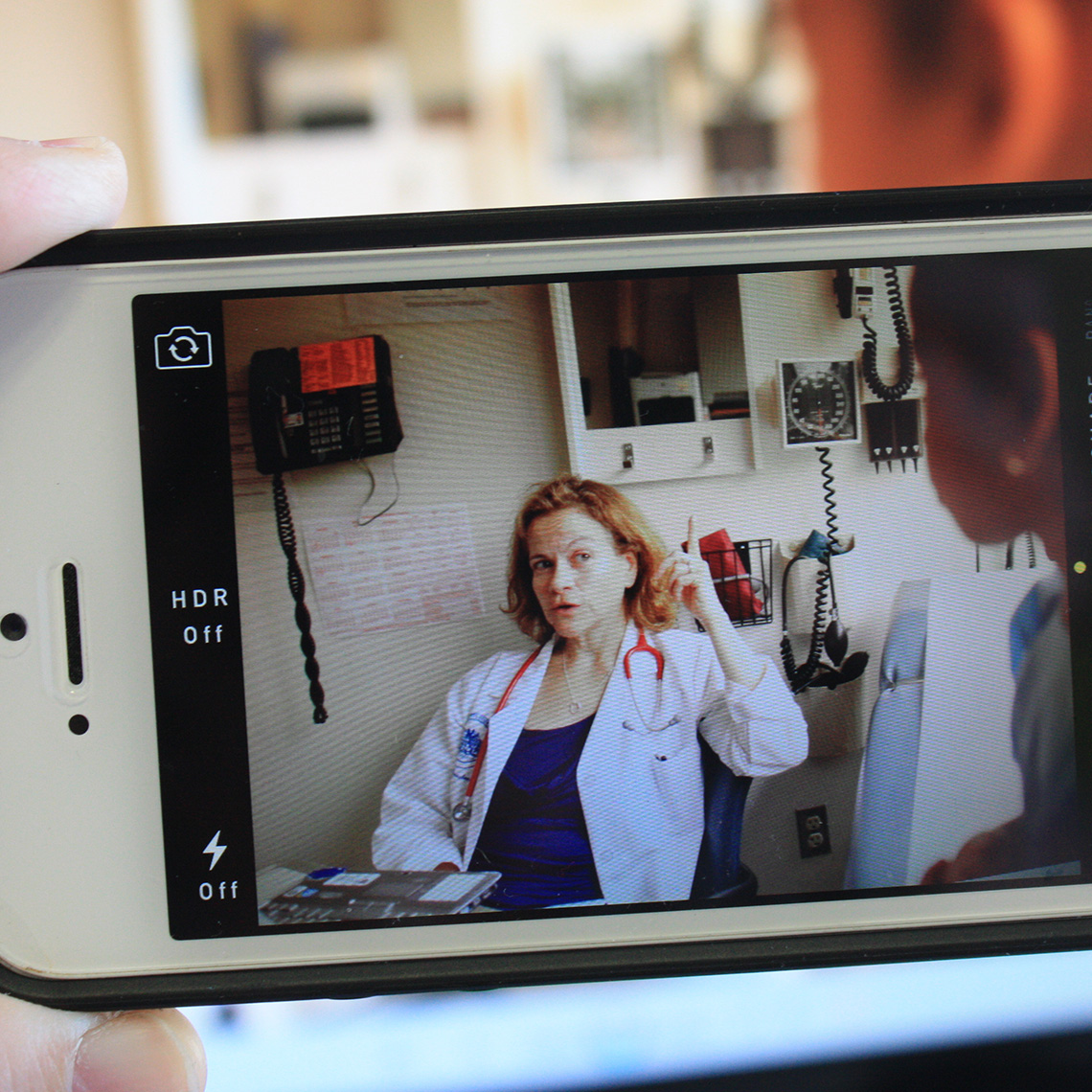Newsletter
When a Patient Hits [RECORD]
Jun 26, 2014

The advent of social media paired with ubiquitous devices for recording pictures and sound, give patients both the means to capture, and the channels to share, health care encounters—with or without your permission.
As we explored last month, patients have a right to expect that you will respect and protect their privacy. But, as a health care provider, what are your privacy rights? What happens when a patient hits [RECORD] without your permission?
The very features that make audio and video recording easier than ever also makes it easier than ever for patients to do so without your permission. Laws pertaining to unauthorized recording vary by state: Massachusetts and 11 other states explicitly prohibit recording without all parties’ expressed consent. Such recordings are inadmissible as evidence (e.g., in a malpractice allegation), and are potential grounds for a legal action against the individual who made the recording.
Patients may ask to record their interactions with you for a number of reasons: to help them remember your instructions, to explain a diagnosis and prognosis to family members, to share with caregivers in a different locale. The decision to grant them permission to record all or part of an encounter is yours, but you (and anyone else subject to the recording) retain the right to refuse a patient permission to record within your practice setting.
If you detect that a patient or family member is recording audio or video without your permission, you have the right to insist that they stop. Depending on your state’s laws, you may have the right to insist that they delete what’s already recorded. If you discover that a patient has shared or posted on line an illegal recording, you have the right to ask the patient (or the host of such postings) to remove it.
A “heat of the moment” confrontation is unlikely to move the problem to a mutually beneficial solution. Carefully navigating the patient’s reasons for wanting to record his or her interactions with you might reveal underlying issues that you or a colleague need to address in order to retain the patient’s trust. If your polite requests are ignored, look to your legal and risk management services to protect your interests and ensure that the patient’s health care needs continue to be served.
Regardless of your rights and protections, of course, your best practice is to avoid behavior in the presence of patients that would not look or sound good on [REPLAY].
